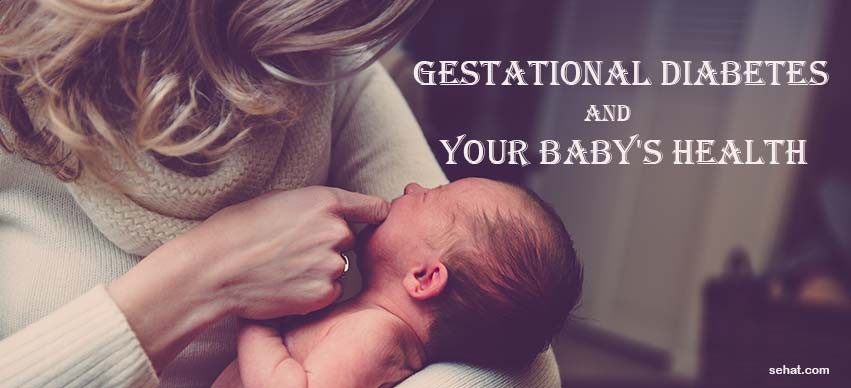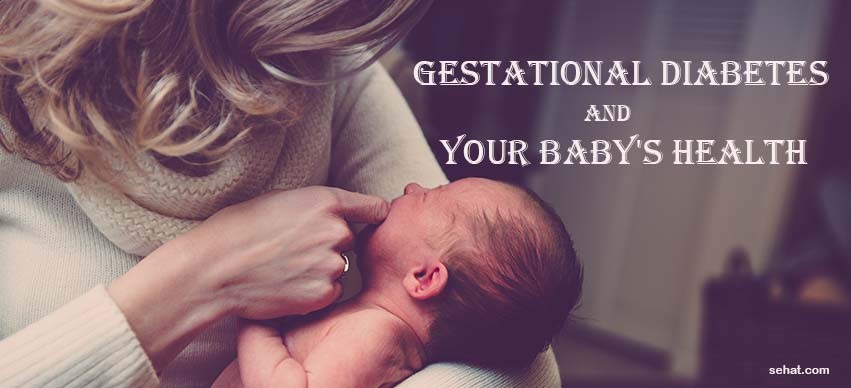Miscarriage In Early Pregnany- Signs, Causes, And Tips To Prevent
6 Min Read


Gestational diabetes develops during pregnancy (gestation). Like other types of diabetes, gestational diabetes affects how your cells use sugar (glucose) — your body's main fuel. Gestational diabetes causes high blood sugar that can affect your pregnancy and your baby's health. Any pregnancy complication is concerning, but there's good news. Expectant moms can help control gestational diabetes by eating healthy foods, exercising and, if necessary, using medication. Taking good care of yourself can ensure a healthy pregnancy for you and a healthy start for your baby.
In gestational diabetes, blood sugar usually returns to normal soon after delivery. But if you've had gestational diabetes, you're at risk for future type 2 diabetes. You'll continue working with your health care team to monitor and manage your blood.
If your blood sugar remains consistently elevated during pregnancy, the excess sugar can pass through your womb to your unborn baby. This can increase your child’s future risk of obesity and type 2 diabetes. Other health risks associated with gestational diabetes include:
This is a yellow discoloration of your baby's skin caused by bilirubin, a pigment produced when red blood cells break down. Many newborn babies have jaundice, but the condition is more common in babies whose mothers have gestational diabetes. Babies with jaundice may be weak and have trouble feeding. Your baby's blood will be tested for bilirubin. A special light that gets rid of the bilirubin pigment may be used to treat your baby.
The term macrosomia is used to describe a newborn with an excessive birth weight. A baby with macrosomia can experience difficulties during the childbirth process. The most common problem that big babies encounter is damage to the nerves and muscles in their shoulders during vaginal delivery. Your doctor will monitor the size of your baby by performing ultrasound exams throughout your pregnancy. If your doctor is concerned about the size of your baby, a Caesarean section may be recommended.
A condition called "hypoglycemia" or Low blood sugar is dangerous because your baby depends almost exclusively on glucose for energy at the time of birth. Signs and symptoms of hypoglycemia include seizures, sluggishness, and difficulty breathing. For this reason, doctors will check your baby's blood glucose right after birth. If the glucose level is low, your baby will be given a sugar solution until the blood levels stabilize.
There are no guarantees when it comes to preventing gestational diabetes — but the more healthy habits you can adopt before pregnancy, the better. If you've had gestational diabetes, these healthy choices may also reduce your risk of having it again in future pregnancies or developing type 2 diabetes down the road.
But lastly, remember that good nutrition and regular exercise are the best ways to reduce the risk of obesity and diabetes for both you and your child. Be a good example and enjoy a healthy future together.